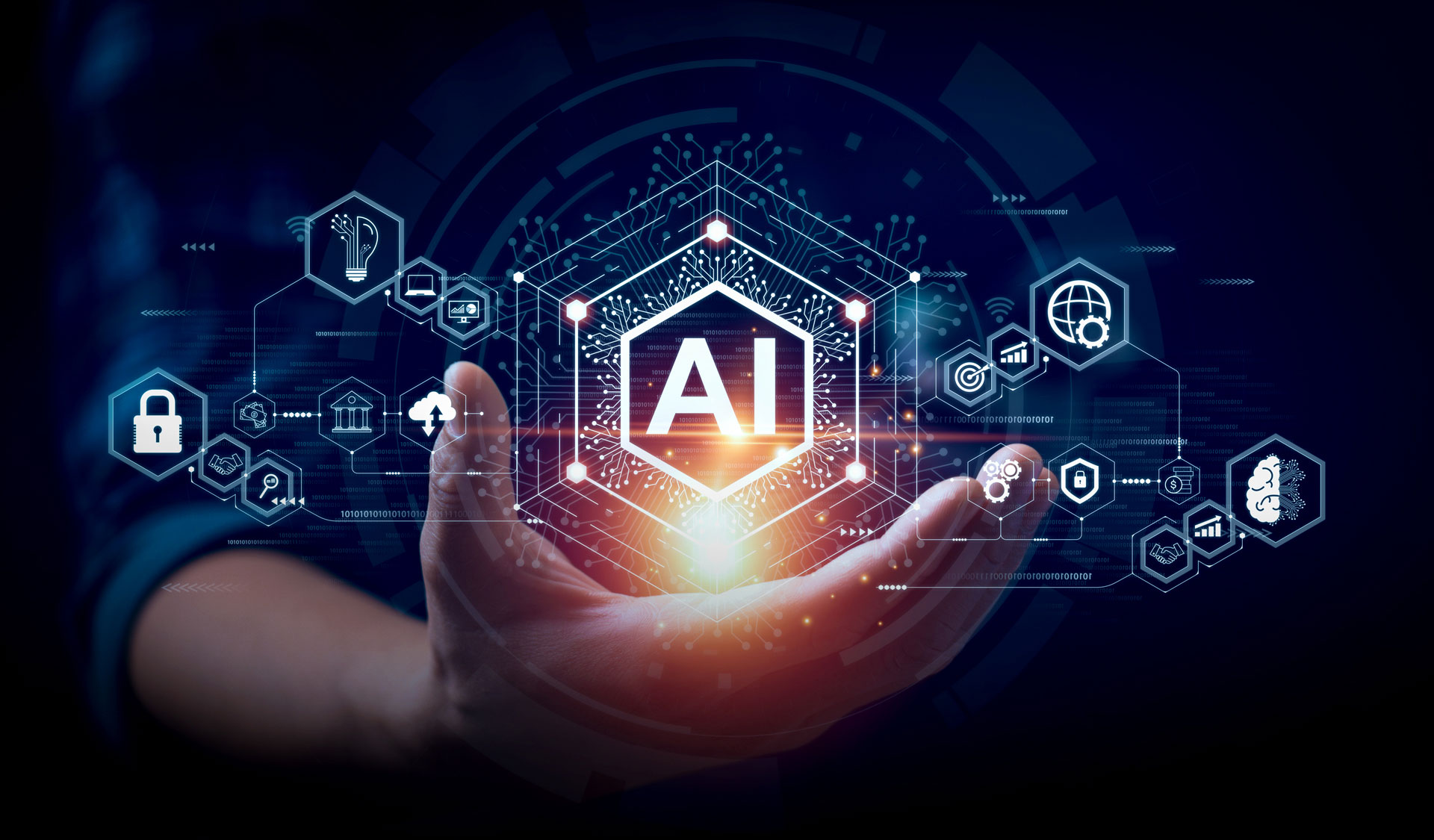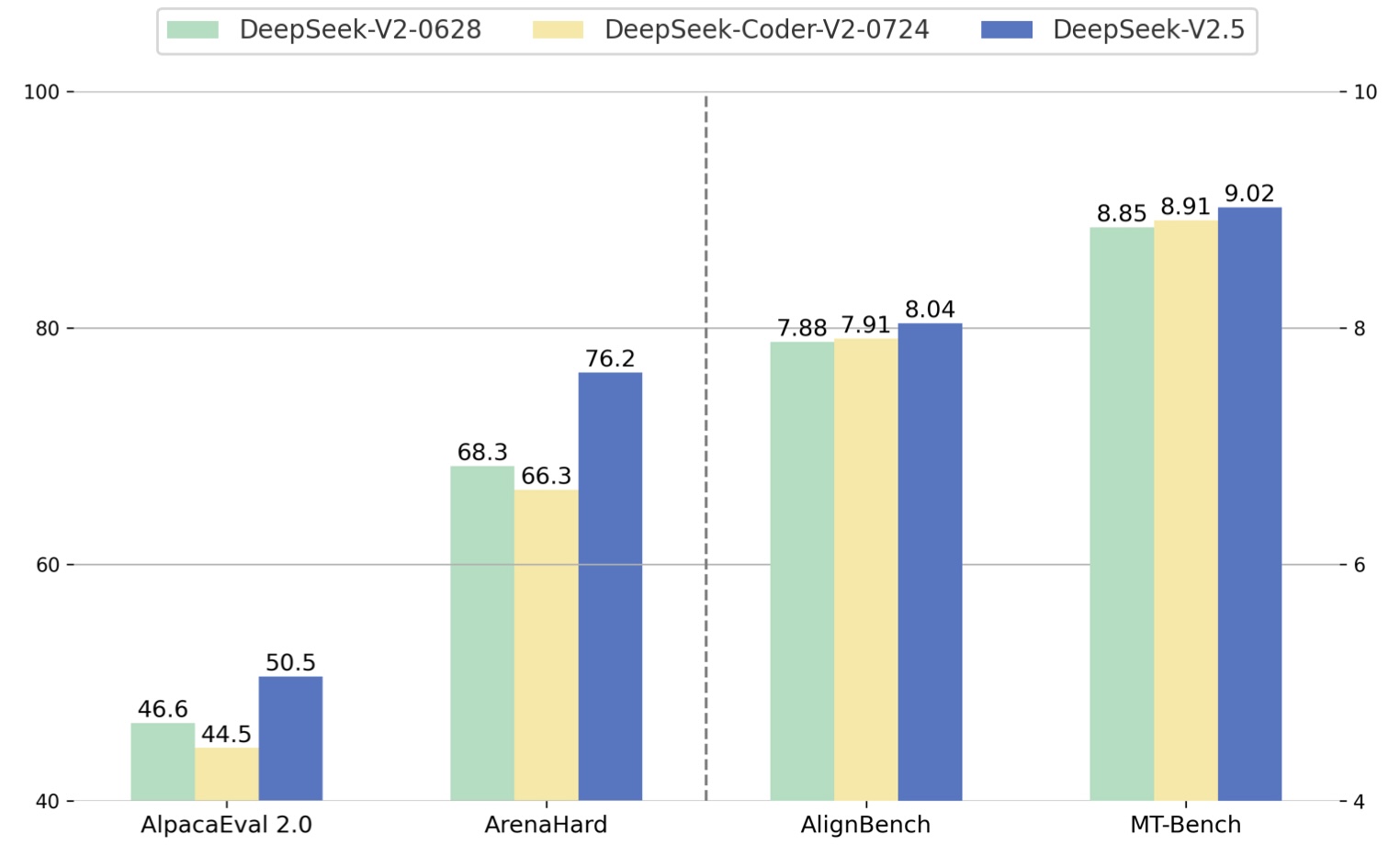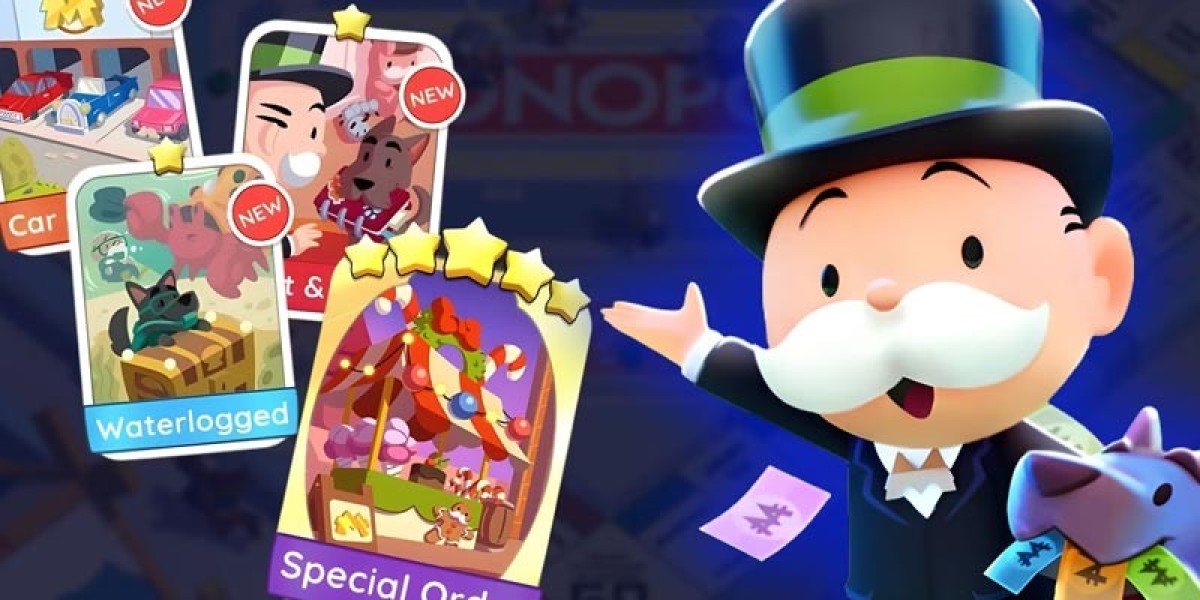The capacity of AI innovation has actually been percolating in the background for many years. But when ChatGPT, the AI chatbot, began getting headings in early 2023, it put generative AI in the spotlight. This guide is your go-to handbook for generative AI, covering its benefits, limitations, utilize cases, potential customers and much more.
What is OpenAI?

- Share this product with your network:
-
-
-
-
-
-.
-.
-.
-
- Cameron Hashemi-Pour, Former Site Editor
OpenAI is a personal research laboratory that aims to develop and direct artificial intelligence (AI) in methods that benefit mankind as a whole. The business was established by Elon Musk, Sam Altman and others in 2015 and is headquartered in San Francisco.
OpenAI was created in part because of its founders' existential concerns about the capacity for catastrophe resulting from carelessness and abuse of general-purpose AI. The company has a long-term focus on basic advances in AI and its capabilities. The creators of the business and other investors started the business with a $1 billion endowment. In February 2018, Elon Musk left the business due to a potential conflict of interest with his work at Tesla, the automotive and clean energy company inspired by Nikola Tesla.
The mentioned intent of the business-- to pursue safe artificial basic intelligence (AGI) for the advantage of humankind-- is reflected in its objective to freely team up with other research study organizations and individuals. Research and patents made by the company are planned to remain open up to the general public other than in cases where they might adversely impact security.

Timeline and history of OpenAI
OpenAI was originally concentrated on establishing AI and artificial intelligence tools for video games and other leisure functions. Less than a year after its main founding on Dec. 11, 2015, it released its first AI offering: an open source toolkit for establishing reinforcement knowing (RI) algorithms called OpenAI Gym. Over the next 2 years, OpenAI concentrated on more basic AI advancement and AI research.
This article is part of
What is Gen AI? Generative AI described
- Which likewise includes:.
8 leading generative AI tool classifications for 2025.
Will AI change tasks? 17 job types that might be impacted.
25 of the finest large language designs in 2025
In 2018, OpenAI published a report to describe to the world what a Generative Pre-trained Transformer (GPT) is. A GPT is a neural network, or a machine finding out model, created to work like a human brain and trained on input, such as big data sets, to produce outputs-- i.e., responses to users' concerns.
In March 2019, oke.zone OpenAI shifted from not-for-profit to capped-profit status and library.kemu.ac.ke became officially referred to as OpenAI LP, managed by moms and dad company OpenAI Inc. Almost two years later on, in January 2021, OpenAI introduced Dall-E, a generative AI design that evaluates natural language text from human users and after that creates images based on what is described in the text.
Perhaps the business's best-known product is ChatGPT, launched in November 2022 and heralded as the world's most sophisticated chatbot for its ability to supply answers to users on a seemingly unrestricted range of topics. Its advantages and downsides, along with its usages in numerous markets, are still being debated.
Elon Musk no longer serves on the board of the company, and co-founder Sam Altman served as the company's CEO up until November 2023 along with president and chairman Greg Brockman, formerly the CTO of financial services and SaaS company Stripe; and chief scientist Ilya Sutskever, formerly of Google.
In November 2023, Altman was fired from his position by the board of directors, pointing out that Altman was not candid in his interactions to the board. Soon after, Brockman left the company. Both were worked with by Microsoft 3 days after leaving the company.

Emmet Shear, co-founder of Twitch, was hired as the interim CEO at OpenAI after Altman's departure. Following Altman's shooting, roughly 500 of OpenAI's employees said they would stop if the board of directors didn't step down. After simply five days, Altman and Brockman were re-hired in their initial functions at OpenAI with a new board of directors.
Notable projects and releases
OpenAI has actually been deemed revolutionary for its notable product offerings, which consist of the following:
GPT-3. This powerful large language model (LLM) acts as the basis for other OpenAI items. It evaluates human-generated text to find out to produce similar text on its own.
GPT-4. Released in March 2023, GPT-4 delivers multimodal AI performance, where it can examine both text and images.
GPT-4o. Introduced in May 2024, GPT-4o boosted multimodal capability to acknowledge images, text and audio. GPT-4o is more conversational than other models. GPT-4o will recognize the user's screens and images and setiathome.berkeley.edu ask concerns about them.
OpenAI o1. Released in September 2024, OpenAI o1 is an LLM with enhanced reasoning performance. Instead of supplying a response as quickly as possible, o1 "thinks" through the best method to solve an issue for more precise actions.
OpenAI o3. Announced in December 2024, this o1 successor design has 2 variations-- o3 and o3-mini. These designs utilize what OpenAI calls a "personal chain of idea" in support knowing, which teaches the o3 model to stop briefly and examine internal dialogue using simulated thinking before producing replies. OpenAI strategies to launch o3-mini to the public in January 2025.
ChatGPT Search. This AI search engine is currently built into ChatGPT for Plus and Team users. The search feature offers current details from the internet and permits ChatGPT to take on other search engines. It was released in October 2024.
Dall-E and Dall-E 2. These generative AI platforms can evaluate text-based descriptions of images that users want them to produce and after that generate those images exactly as explained.
Clip. Clip is a neural network that manufactures visuals and the text referring to them to predict the best possible captions that many accurately explain those visuals. Because of its capability to learn from more than one type of information-- both images and text-- it can be classified as multimodal AI.
ChatGPT. ChatGPT is currently the most innovative AI chatbot created for producing humanlike text and producing responses to users' questions. Having been trained on big data sets, it can create answers and actions the method a human would. Since its creation, updates to this tool have actually allowed it to communicate with users through voice conversation and images.
Codex. Codex was trained on billions of lines of code in numerous programs languages to assist software application developers simplify coding processes. It's established on GPT-3 innovation, but instead of producing text, it creates code.
Whisper. Whisper is identified as an automatic speech acknowledgment (ASR) tool. It has been trained on a plethora of audio data in order to acknowledge, transcribe and translate speech in about 100 different languages, consisting of technical language and bphomesteading.com various accents.
ChatGPT Enterprise. Although this resembles the customer version of ChatGPT, the business variation lets users construct the training of their model. This edition also assesses the recent incremental changes made to ChatGPT.
Custom GPTs. GPTs are custom versions of ChatGPT that users can tailor to specific usage cases without any code. Verified GPT home builders can share custom GPTs in the GPT shop and make money doing so.
OpenAI and Microsoft
At the start of 2023, Microsoft publicly devoted to a multibillion-dollar investment in OpenAI, however its interest in the business is nothing new. In July 2019, OpenAI took part in a multiyear collaboration with Microsoft in which Microsoft's cloud platform, Azure, has actually been enhanced by AI-based computing products.
Microsoft's most current financial investment in OpenAI encompasses Bing, its online search engine. The company is using the very same innovation developed for ChatGPT to produce an AI-infused variation of Bing. Concurrently, AI-based functions have actually also been contributed to Microsoft's Edge web browser, and ChatGPT performance is being contributed to Microsoft 365 items such as Outlook and Teams.
Criticisms of OpenAI
Despite all these quick developments, OpenAI has actually not been unsusceptible to criticism, both worldwide of tech and beyond. The company's shift from "nonprofit" to "capped earnings" status in 2019 fueled criticism that its commitment to working with others on building "safe and advantageous" general expert system had become a profit-driven "AI arms race" to produce the most sophisticated AI innovation on the marketplace. Simultaneously, others have actually expressed issues about OpenAI's growing lack of openness into how its cutting-edge items are being established, offered its dedication to developing open source software application.
More recently, the launching of ChatGPT in late 2022 has actually entered into a reasonable deal of criticism along with the prevalent praise for its groundbreaking capabilities. The innovation has actually been accused of producing "hallucinations" or other factually unreliable responses that are ostensibly smart and well written, yet don't hold up under examination. While this is perhaps the most notorious drawback of the platform, others include its possible to plagiarize from other sources as well as its limitations in producing responses on the most current news. The data set it was trained on was from 2021, so the material it produces might injustice those who require info on current occasions. OpenAI upgraded ChatGPT Plus in November 2023 to include information approximately April of that year.
OpenAI's chatbots are among numerous that faced safety concerns early in 2023. Aside from the assistive abilities of these resources, researchers also discovered poisonous content in their actions. Examples of these consist of info on how to build a bomb, along with assistance on how to carry out identity theft and take from a charity.

International uncertainty surrounding AI likewise continues to emerge. The French and Italian governments, for example, offered demands and evaluations for OpenAI. Meanwhile, the U.S. White House asked for further information related to the risks associated with AI.
Lawsuits surrounding copyright with OpenAI have also come up. In June, developers dealt with examination amidst a charge from Joseph Saveri Law Office. Made on behalf of 5 book authors, this accusation indicated ChatGPT and its underlying LLMs-- GPT-3.5 and GPT 4-- included copyrighted materials. Specifically, it accused these sources of using the authors' copyrighted works for summaries to train the LLMs. This occurred without authorization from the authors.
The New York Times likewise sued OpenAI and Microsoft in December 2023 for copyright violation, implicating them of illegally copying posts to train LLMs and create AI items that contend with The New York Times. The paper was the first major news organization to take legal action against OpenAI and Microsoft for using their publications to train AI systems.
Among issues, actions to improve the system typically happen. In action to the apprehension surrounding ChatGPT, OpenAI introduced ChatGPT Enterprise in August. With this new version, organizations can have a much better hang on design training and the information that exists within designs. However, there remains a lack of clarity surrounding the training data utilized by the model. As such, business have actually shared issues about the design using copyrighted material for training.
OpenAI has likewise faced criticism surrounding lack of diversity on its board of directors. Critics noted the board's lack of representation isn't in line with the business's mission to "benefit all of humankind." Following the shooting and rehiring of Sam Altman in November 2023, OpenAI ousted its only two female board members and renewed a board comprised solely white males. Lawmakers in Washington likewise suggested that OpenAI diversify its board following the restructuring.
The future of OpenAI
OpenAI has not supplied substantial public commentary on future plans, but based upon recent investments, democratization of AI is a clear objective of the Microsoft-OpenAI collaboration, as nontechnical professionals must soon have more AI tools at their disposal that do not require AI knowledge.
Microsoft has also done something about it that appear to indicate the expected growth of OpenAI and comparable resources. In 2023, the business revealed an investment of more than $13 billion in OpenAI. With the goal of sustaining using AI for numerous functions, the investment gained a large quantity of assistance following its contrast to the internet revolution.
In the 1990s, Bill Gates released a memo that explained the internet as a "tidal wave" that would have a large effect on Microsoft. While referencing this memo, Microsoft CEO Satya Nadella just recently noted the similarities between web and AI growth. Furthermore, Microsoft is intending to utilize these tools to support development.
In parallel with its expected growth, OpenAI hosted its first ever developer conference in November 2023. At the event, genbecle.com OpenAI unveiled GPT-4 Turbo, a language design with a substantially larger context window than its predecessors, a more affordable API prices model and a later training data cut. OpenAI likewise debuted adjustable GPTs, a "Copyright Shield" that will protect customers from legal action, and GPT store where users can generate income from and gain access to custom GPTs.
In December 2023, OpenAI struck an offer with media company Axel Springer to utilize its news content in OpenAI's products. This lets ChatGPT provide news summaries from Axel Springer's outlets, that include Politico and Business Insider. The deal reveals OpenAI's intent to check out opportunities in AI-powered journalism.
Currently, OpenAI remains in early talks with the California chief law officer's office to change is business structure from a capped-profit service to a for-profit organization. OpenAI began as a not-for-profit AI research study laboratory in 2015.
Continue Reading About What is OpenAI?

What is generative AI? Everything you require to know
Bard vs. ChatGPT: What's the distinction?









